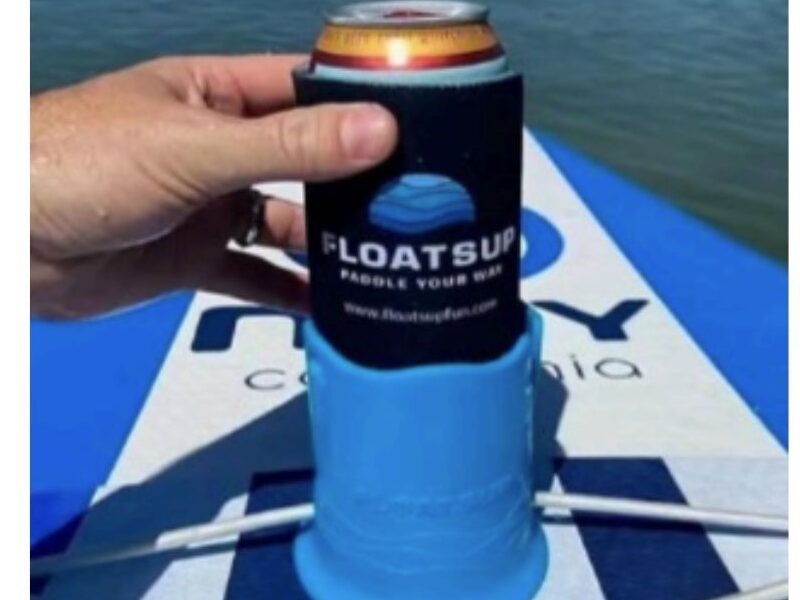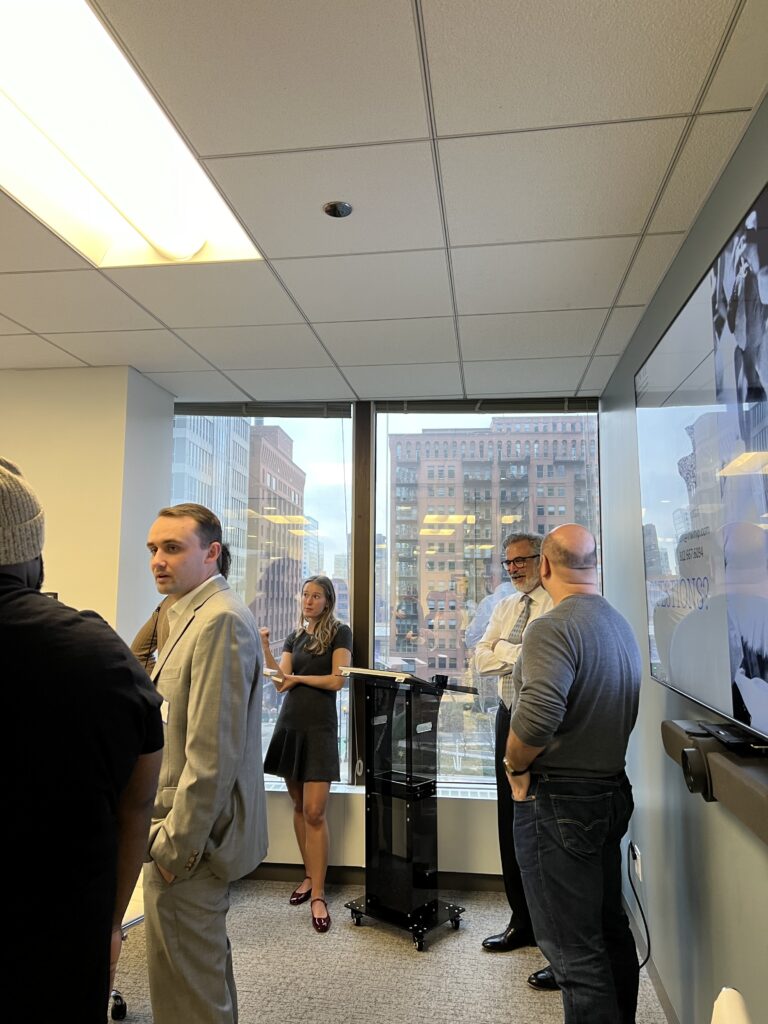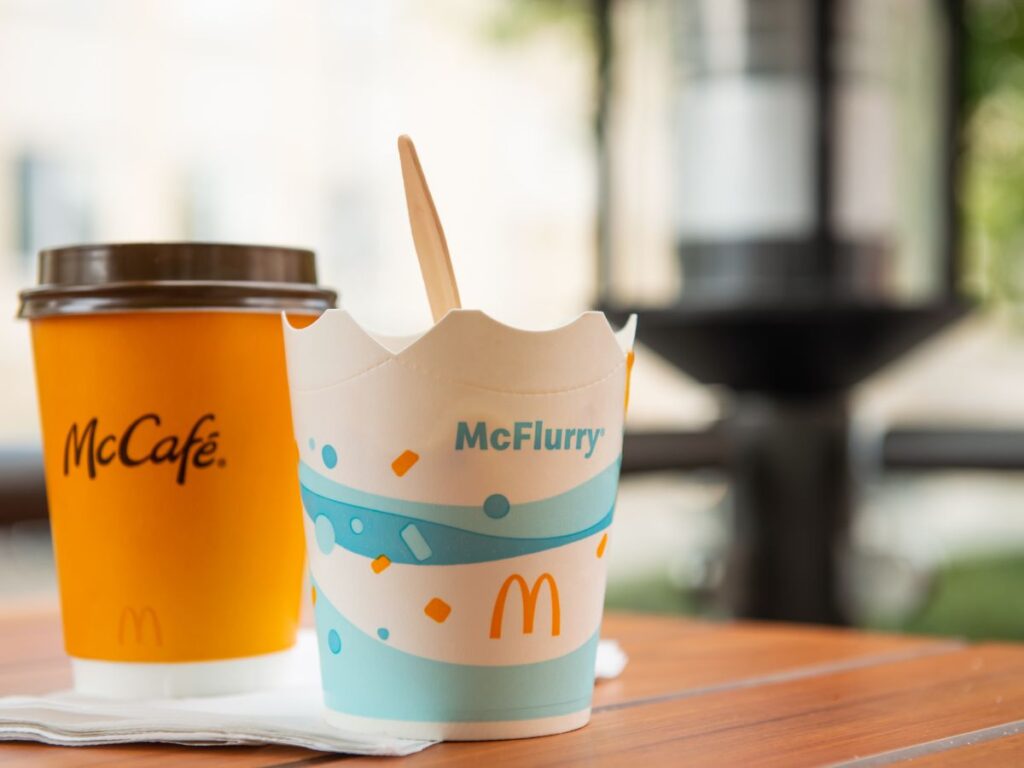
On November 1, 2024, the Second Circuit affirmed the district court’s entry of summary judgment that Ed Sheeran’s Thinking Out Loud (“TOL”) composition did not infringe Marvin Gaye’s Let’s Get It On (“LGO”) deposit copy, holding that under the Copyright Act of 1909, copyright protection of a musical work is limited to the four corners of the deposit copy filed with the Copyright Office at the time of registration. Sheeran was first sued for infringement of LGO in Griffin v. Sheeran, No. 1:2017cv05221 (S.D.N.Y. 2019) by successors to Ed Townsend’s share in the composition. That case ended with a unanimous jury finding that Sheeran was not liable for infringement.
A separate suit was brought in 2018 by Structured Asset Sales, LLC (“SAS”), a firm that purchases royalty interests from copyright holders, securitizes them, and sells the securities to investors.1 The court granted Sheeran’s motion for summary judgment, concluding SAS’s infringement claims were limited to the five-page 1973 deposit copy of LGO that encompassed the song’s melody, harmony, rhythm, and lyrics (“Deposit Copy”), and the chord progression and harmonic rhythm are commonplace.
The Second Circuit rejected SAS’s arguments that copyright protection should cover both the Deposit Copy and the sound recording of LGO, as well as its challenge to the exclusion of its expert’s opinion regarding an “implied bass line” in the Deposit Copy that is an alleged similarity between the sound recordings of the two compositions. The Circuit Court reasoned that the 1909 Copyright Act, which governs the 1973 Deposit Copy, requires depositing one “complete copy” of a musical work in order to obtain an enforceable copyright, as well as affixing a copyright notice on published works. Because a notice cannot be affixed to sound, a composition could not be published through the distribution of its sound recording. There is no copyright registration in the sound recording of LGO because the 1909 Act did not protect sound recordings. Therefore, the 1909 Act’s protection extends just to the “complete copy” of the musical work that is deposited with the Copyright Office, and so the 1909 Act extends only to the four corners of the Deposit Copy and elements that only appear in the sound recording of LGO are not protected.
The Circuit Court found that the allegedly infringing elements of Sheeran’s composition, including a similar four-chord progression and a commonplace harmonic syncopation, are not protectable by themselves, nor in combination. Further, the two songs are not substantially similar when taken as a whole, as neither the lyrics nor the melody “bear any resemblance” to each other. The Court was hesitant to grant a monopoly over a combination of “fundamental musical building blocks” which would “threaten to stifle creativity and undermine the purpose of copyright law: ‘To promote the Progress of Science and useful Arts.’”
The ruling in this case does not bear on litigants with copyright registrations under the 1976 Act, however, a 1909 Copyright Act plaintiff should be sure to register an updated sound recording deposit copy prior to filing suit if arguing infringement of protectable elements embodied in the sound recording.

“Schedule A” cases are cases particularly common in the Northern District of Illinois and are named as such because defendants are identified in a sealed “Schedule A” exhibit instead of on the body of the complaint. These Schedule A defendants often number in the hundreds per case. The intent behind Schedule A cases is often to effectuate takedowns, account freezes, and injunctive relief against anonymous alleged counterfeiters that could hide or move assets (or otherwise evade judgment) at a whim when operating various online store fronts. It is not uncommon for courts in the Northern District of Illinois to provide form templates for motions for temporary restraining orders (“TRO”), preliminary injunction, or default judgment to expedite any relief an aggrieved party may seek. As a result, motions for TRO are routinely granted as a matter of course. Such TROs, and any subsequent preliminary injunction or default judgment, allow the aggrieved party to take down products or freeze accounts on online retail platforms like Amazon. However, this week, a court in the Northern District of Illinois (“Court”) denied a Motion for TRO in a Schedule A design patent case covering drink holders.
In denying the motion for TRO, the Court found that the plaintiff failed to make a “clear showing required for a TRO,” including demonstrating (1) “the merits of the alleged infringement,” (2) “irreparable injury” and, (3) “inadequate remedy at law.” Regarding the merits of infringement, which requires a finding that “the ordinary observer would decide that the two designs are substantially the same,” the Court noted that it must “carefully exclude [] functional features from the visual comparison” and whether certain features on the design “differ from the prior art.” In other words, the asserted design patent, which covers a drink holder, does not cover all drink holders nor features that are common to all drink holders. It only covers the ornamentation of the single particular drink holder claimed in the design patent. The Court identified several differences between the accused products and the design patent, including raised-ridges and curvature, and found that “no sufficient showing on infringement has been made.”
Interestingly, the Court distinguished between design patent and trademark or copyright Schedule A cases. Unlike in counterfeit trademark or exact-copy copyright cases, the Court noted that in design patent cases, there may not be a “reasonable basis [] to infer willful infringement.” And as such, there is less reason for concern that “Defendant will destroy evidence or transfer assets.” In other words, the Court emphasized that the typical “infer[ence] of willful infringement” does not apply in design patent cases where infringement does not involve deceptive branding or identical copies.
This ruling is a previously rare, but now increasingly common, example of a court scrutinizing the evidentiary basis for a TRO in a Schedule A case. Although not uncommon for TROs to be granted immediately in design patent cases (see e.g. Jinjiangshisiluliangpinjinchukoumaoyi v. The Entities and Individuals Identified in Annex A, No. 23-cv-04587 (N.D. Ill. August 3, 2023), perhaps the patent world’s increasing interest in design patent cases (see, e.g., LKQ v. GM, 102 F.4th 1280 (Fed. Cir. 2024) (en banc)) is causing courts to rethink the scope of the monopoly afforded by a design patent.

Irwin IP’s free Copyright Registration Workshop was a resounding success! We had a full house and were thrilled to help so many talented creators protect their original work.
Visual artists, writers, musicians, and more joined us to learn about copyright, what it protects, and how to register their creations with the U.S. Copyright Office. After the presentations, our attorneys assisted participants in navigating the registration process to safeguard their creative endeavors.
This event marks the beginning of what we hope will become an annual tradition, empowering the creative community to protect their hard work. A huge thank you to Lawyers for the Creative Arts for partnering with us on this initiative and to everyone who attended for making it such a success.

On October 24, 2024, the Federal Circuit in Ericsson v. Lenovo vacated a district court’s denial of Lenovo’s request for an antisuit injunction in a case involving standard essential patents (SEPs). The court held that that when a party declares its patents essential to the 5G wireless communications standard, it must negotiate in good faith over a license to its SEPs before pursuing injunctive relief. The court also lowered the bar to obtain an antisuit injunction in SEP cases, which is an order by one court that can block an SEP holder from enforcing an injunction it obtained in another, even foreign, jurisdiction.
SEPs are patents declared essential to a technical standard. The European Telecommunications Standards Institute (ETSI) is the standard-setting organization that developed the 5G standard with its members. Ericsson and Lenovo, as ETSI members and contributors to the standard, are contractually bound by ETSI’s policies. This includes the obligation that they be prepared to grant licenses to their SEPs on fair, reasonable, and non-discriminatory (FRAND) terms.
Ericsson and Lenovo tried to reach a global cross-license covering their SEPs, including Ericsson’s 5G SEPs. When negotiations broke down, Ericsson sued Lenovo in a U.S. district court asserting that Lenovo infringed Ericsson’s 5G SEPs. Ericsson also obtained injunctions against Lenovo in Colombia and Brazil, asserting that Lenovo infringed Ericsson’s 5G SEPs in those countries. Lenovo responded by requesting that the U.S. district court issue an antisuit injunction to prevent Ericsson from enforcing its foreign injunctions. Under the framework articulated by the 9th Circuit in Microsoft Corp. v. Motorola, an antisuit injunction is only proper if the domestic suit, as a threshold issue, is “dispositive” of the foreign lawsuit. The district court denied Lenovo’s request, concluding that because the U.S. suit may not have necessarily resulted in a global patent license, the U.S. suit was not dispositive of the foreign suits under Microsoft.
The Federal Circuit vacated and remanded the district court’s decision, finding that the threshold “dispositive” requirement had been met. First, the court interpreted ETSI’s policies to require that when a party has made an ETSI FRAND commitment, it must then negotiate in good faith over a license to its SEPs before it pursues injunctive relief regarding those SEPs. On this issue, the court drew support from earlier decisions by the United Kingdom Supreme Court and the Northern District of California. Then, the court explained that for a domestic suit to be dispositive for purposes of an antisuit injunction under Microsoft, it need not result in a global patent license between the parties. Rather, in this case, if the U.S. district court finds that Ericsson breached its obligation to negotiate in good faith, then that finding will be dispositive of whether Ericsson may seek injunctions in foreign suits.
In the global world of SEPs, the Federal Circuit’s ruling may make it more difficult for SEP holders to embark on global litigation campaigns to pressure potentially infringing implementers of technical standards with the threat of foreign injunctions. Although foreign injunctions may be faster and easier to obtain, antisuit injunctions obtained in co-pending U.S. litigation may curb that strategy.

If you ever wondered why it seemed like McDonald’s McFlurry machines were always broken, there was a reason for that. McDonald’s franchise owners could not fix their machines without risking a violation of the U.S. Copyright Act. The U.S. Copyright Office, however, recently updated its regulations now providing an exemption that allows McDonald’s owners to keep their McFlurry machines up and running satisfying the demand for its ice cream treats.
Copyright owners often place digital locks on their software to prevent third parties from accessing it without authorization. The Digital Millennium Copyright Act (DMCA) prohibits third parties from circumventing these digital locks. This allows copyright owners to distribute their software to third parties for use while preventing unauthorized copying.
Digital locks, however, are problematic for companies that need to repair a machine that relies on software. In the case of McDonald’s, McFlurries are made using a machine purchased from a third party, which means that the third party, not McDonald’s, owns the software used on those machines. When a McFlurry machine breaks down, it is often necessary to access the software in order to determine what is broken. Even if it is a relatively easy repair, one would still have to access the software first to confirm the issue. Because the software is protected with a digital lock, only the copyright owner is allowed under the DMCA to access the software and evaluate what is wrong with the machine. If independent third-party repair companies circumvented the digital lock to service the machine, it would potentially violate the DMCA. As a result, McDonald’s franchise owners must wait for the software owner to fix the machine. Given the number of McDonald’s and McFlurry machines that exist, it is easy to see why repairs can be so delayed.
In recent years, public demand has grown for a “right to repair” exemption to the DMCA, allowing owners to circumvent digital locks to perform maintenance and repairs on their own machines. Fortunately, every three years, the Copyright Office solicits requests for DMCA exemptions. Effective October 28, 2024, the Copyright Office granted an exemption for retail-level commercial food preparation equipment. The new rule permits owners and by extension third-party service providers to bypass digital locks on equipment like McFlurry machines when it is necessary to repair or maintain them, as long as the circumvention is not used to access other copyrighted works within the software. For McDonald’s franchise owners, this exemption will allow them to quickly diagnosis and repair their McFlurry machines.
This exemption is a win for the “right to repair” movement. Allowing owners in the retail food preparation industry the right to repair empowers them to address equipment issues promptly, reduce downtime, and improve the customer experience. Moreover, it sets a precedent that could benefit other industries facing similar challenges. The ruling underscores the importance of balancing copyright protections with practical repair rights, ensuring business owners can maintain their own equipment without burdensome restrictions.
This presentation examines the impact that major types of intellectual property law have on the Toy and Games Industry; explores examples of particularly influential disputes; and provides useful tips for practitioners, entrepreneurs, and companies that work in the space.
For the fifth consecutive year, Irwin IP is proud to share that the firm has once again been recognized as a Best Law Firm in the 2025 edition of Best Law Firms®, published by Best Lawyers. This prestigious ranking reflects our firm’s dedication to excellence and innovation in intellectual property law.
Irwin IP has achieved Tier 1 rankings in the following practice areas:
- Litigation – Intellectual Property
- Litigation – Patent
- Patent Law
- Copyright Law
Earlier this year, over 40% of the firm’s attorneys were recognized in the 2025 editions of The Best Lawyers in America® and the Best Lawyers: Ones to Watch® in America. Barry Irwin, Jason Keener, Robyn Bowland and Reid Huefner once again earned a place among the Best Lawyers honorees. Additionally, Victoria Hanson, Alexa Tipton, and Nick Wheeler, and Daniel Zhang were included in the Best Lawyers: Ones to Watch Category. We take great pride in the acknowledgment of our attorneys for their diligent efforts and contributions.
This recognition, determined by client feedback, peer insights, and a comprehensive evaluation process, underscores the trust our clients place in us and the hard work of our team. We are honored to be acknowledged for our commitment to achieving the highest standards in our practice.

——–
Irwin IP specializes in mission-critical intellectual property and technology litigation, catering to a diverse client base, including Fortune 500 companies and innovative startups. Our expertise extends to enforcing and protecting intellectual property portfolios, ensuring our clients’ product lines, worth hundreds of millions annually, remain secure. Notably, we routinely, successfully litigate against the largest, most prestigious law firms representing the largest companies in the world on matters valued in the tens and hundreds of millions.
